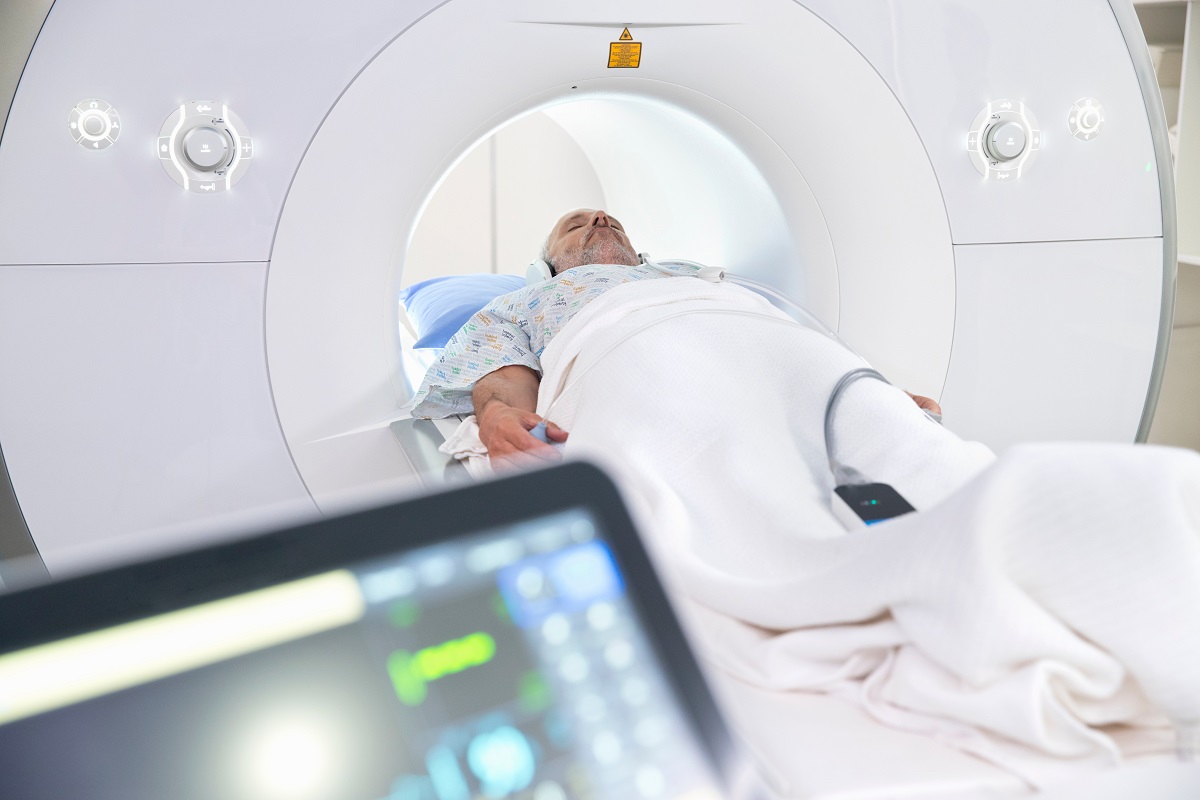- Prostate health is crucial for men, who should prioritize regular screenings and proactive management.
- Healthy lifestyle choices, such as a nutritious diet, can substantially reduce the risk of developing prostate problems.
- Early detection of prostate issues depends on recognizing symptoms and implementing preventive screenings, like PSA tests.
- Consultation with healthcare providers and understanding treatment options are essential to proactive prostate care.
- Ultrasound scans, private scanning, and biopsies help diagnose prostate problems, with alternative methods under exploration.
Prostate problems, such as Benign Prostatic Hyperplasia (BPH) and prostate cancer, are among men’s significant health concerns as they age. Unfortunately, many men overlook or neglect their prostate health due to a lack of knowledge or the fear of seeking medical attention.
Raising awareness about the importance of regular screenings, early detection, and proactive prostate health management is crucial to ensure overall well-being. This blog post will discuss proactive steps men can take to maintain prostate wellness, including healthy lifestyle choices, screening and preventive measures, expert insights, treatment options, and dietary recommendations.
Maintaining Prostate Wellness
The prostate, a gland located below the bladder, plays a critical role in the overall well-being of male reproductive health. Its function and contribution to the reproductive process make it an integral part of the male anatomy. These are some ways of how you can take care of your prostate health:
Healthy Lifestyle Choices for Prostate Health
Several lifestyle choices can impact prostate health. For example, studies have suggested that diets high in fat and red meat may increase the risk of prostate problems. On the other hand, diets rich in anti-inflammatory foods, such as fruits, vegetables, and nuts, may help lower that risk.
Early Warning Signs and Symptoms
Knowing the early warning signs and symptoms of prostate problems is critical for proactive care. These may include pain or burning during urination, changes in urination frequency and time, and difficulty starting or stopping urine flow. Other signs may include blood in the urine or semen, pain and discomfort in the lower pelvic area, and bone pain.
Screening and Preventive Measures
Early detection of prostate problems relies heavily on screening and preventive measures. Implementing these crucial steps is paramount to identifying potential issues at their nascent stages. Prostate-Specific Antigen tests (PSA) are the most common screening tests involving a simple blood test.
Proactive Prostate Care: Expert Insights

Consultation with a healthcare provider is essential in proactive prostate care. A healthcare provider can assess your risk factors and advise effective screening methods. Here’s how you can take charge of your prostate health:
Treatment Options and Approaches
The choice of treatment for prostate problems is contingent upon the severity and nature of the disease. Medical treatment may involve medication, hormone therapy, radiation, or surgery. Alternative therapies, lifestyle modifications, and dietary changes may also alleviate symptoms.
Lifestyle and Dietary Recommendations
Implementing lifestyle and dietary recommendations can significantly contribute to enhancing overall health.
Regular exercise, maintaining a healthy weight, quitting smoking, and reduced alcohol intake are beneficial for prostate wellness. Dietary recommendations may include eating more fruits, vegetables, whole grains, and lean proteins.
Diagnostics and Prostate Imaging
Prostate imaging is crucial for diagnosing prostate problems, providing detailed information about the gland’s structure and condition. Here’s how to effectively utilize this technique to ensure early detection and accurate diagnosis:
The Role of Ultrasound in Prostate Diagnosis
Ultrasound scans have become a popular method in diagnosing and monitoring prostate problems. Ultrasound uses sound waves to create images of the prostate gland and surrounding tissue. This can help your healthcare provider detect any abnormalities within the prostate.
Private Ultrasound Scanning for Prostate Health

Many private healthcare providers offer ultrasound scanning services to help monitor prostate health. An accessible private ultrasound scan for prostate health is a viable option for men who proactively want to monitor the health of their prostate gland. Private scans can provide detailed images of the prostate and help detect any problems before they become serious.
Biopsies and Tissue Sampling
A biopsy is the most definitive way to diagnose prostate cancer or other prostate problems. To further analyze the prostate gland, a small piece of tissue is removed through a biopsy procedure. This is done using a biopsy needle guided by ultrasound or other imaging techniques to obtain tissue samples.
Prostate care is an essential component of men’s overall health and wellness. By adopting a proactive approach to maintaining prostate health, men can significantly reduce the risk of prostate problems.
From making consistent healthy lifestyle choices, including a balanced diet and regular exercise, to prioritizing routine screenings and seeking professional medical advice, men can proactively stay informed about their health and make well-informed decisions. It is important not to wait for prostate problems to arise but to take action by being vigilant and proactive in maintaining overall well-being.
